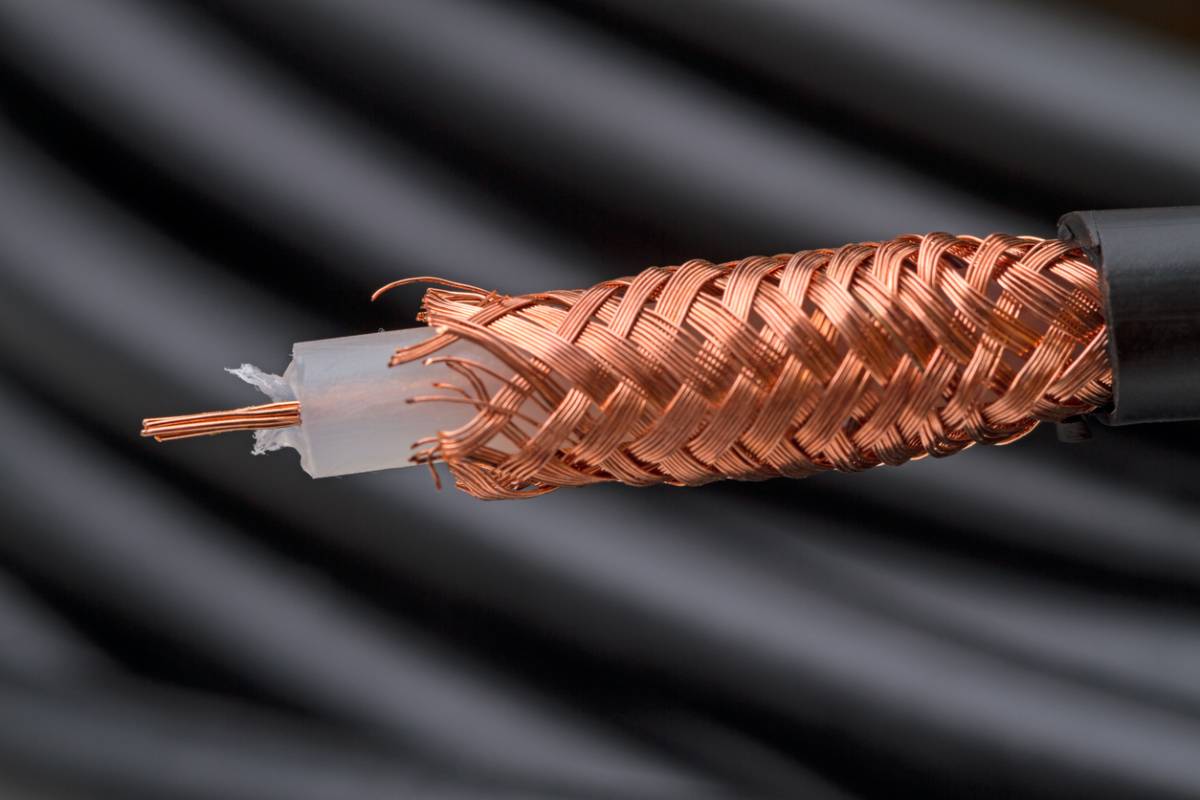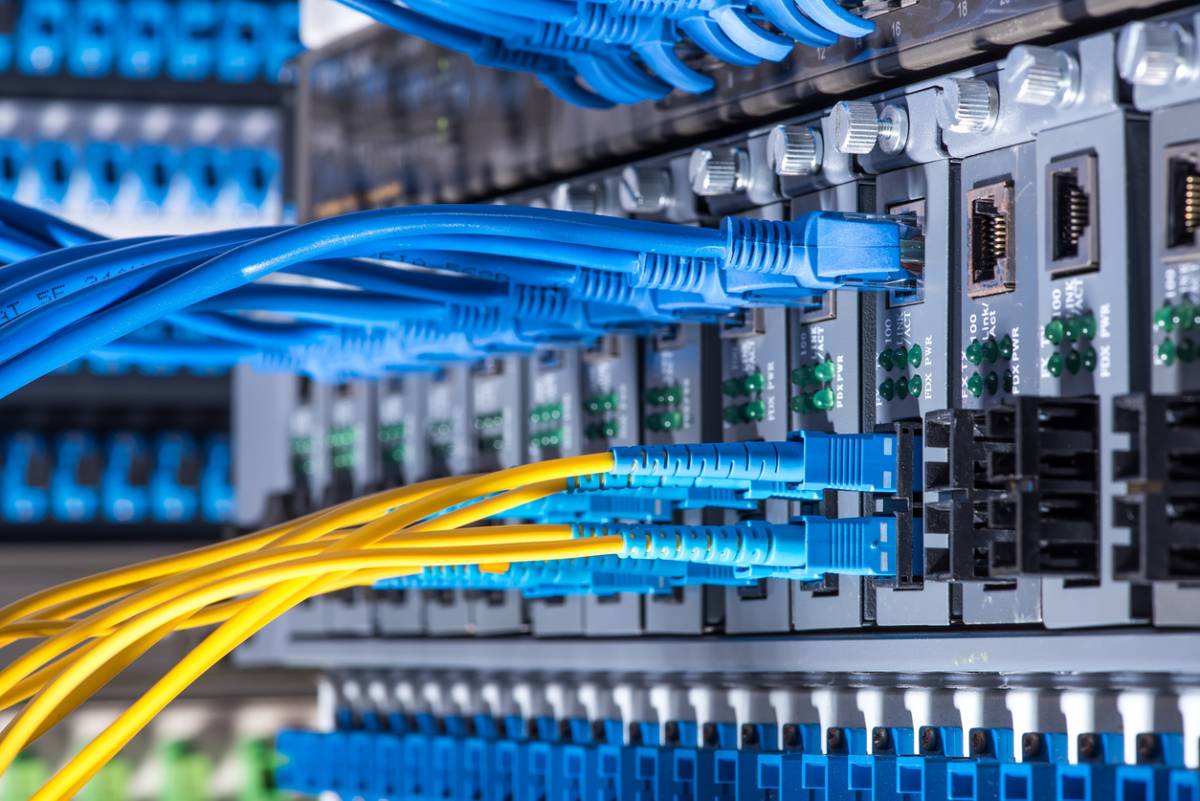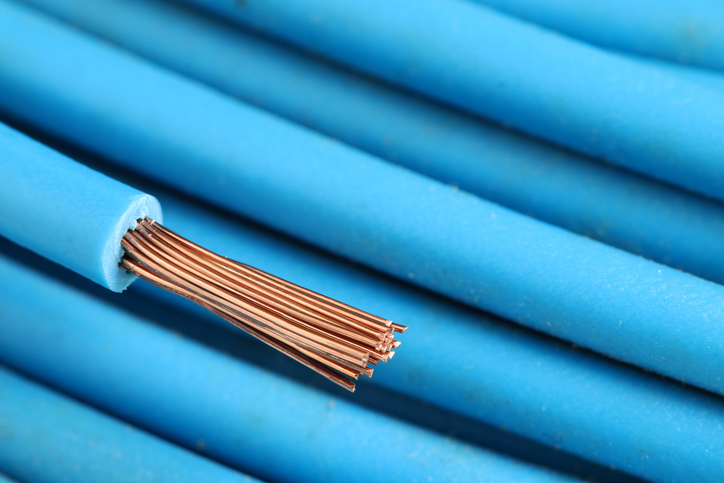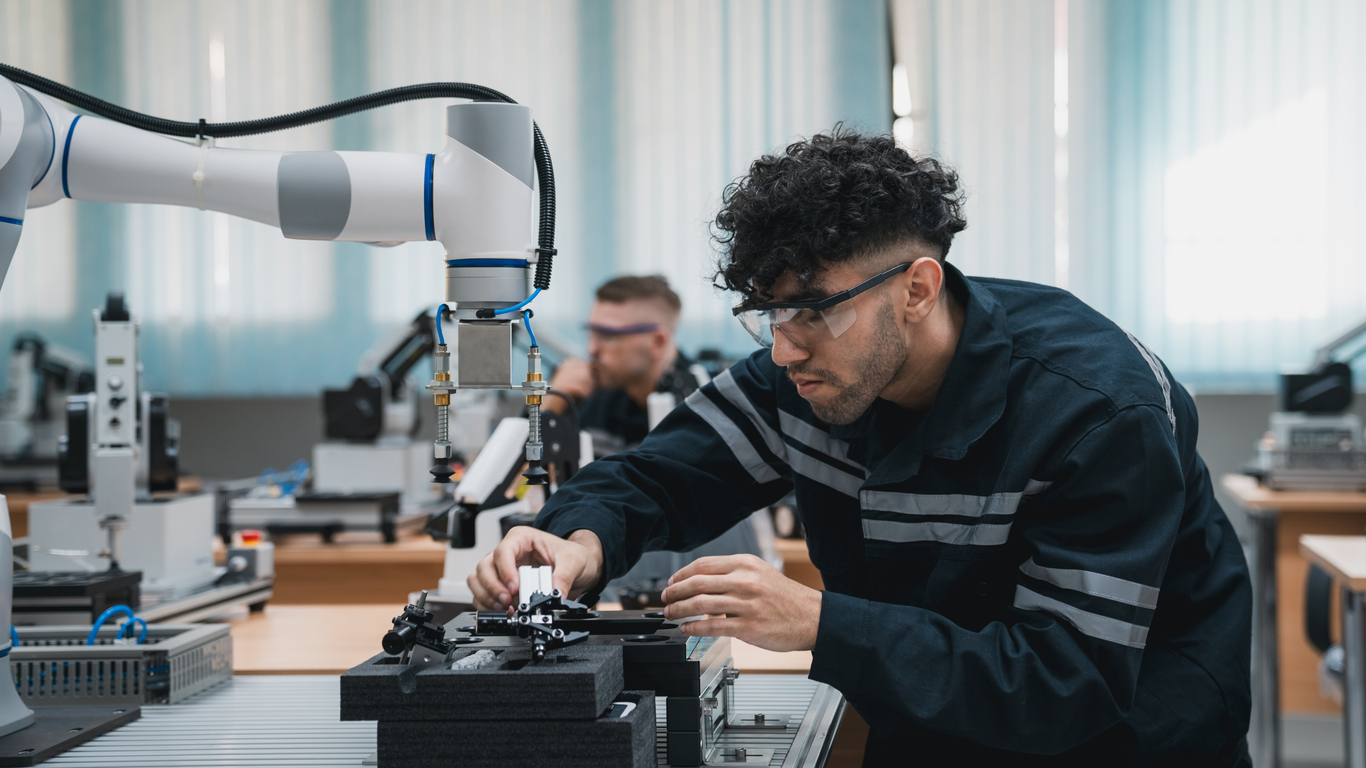How to Build a Robot: 5 Things You Need to Get Started
Building a robot might seem like some far-off futuristic challenge, impossible in today’s day and age, but with the right tools, components, and knowledge, it’s actually an achievable goal! Whether you’re designing a robotic arm, a mobile bot, or an autonomous system, every great machine starts with a strong, yet simple, foundation. In this guide, we’ll walk you through how to build a robot and the five things you need to get started, focusing on everything from the control system to robotics wires that will put your ideas in motion.
How to Build a Robot: 5 Things You Need to Get Started
If you want to bring a robot to life, you’ll have to start with these five basics: a control system, actuators, sensors, a chassis, and some reliable wiring. Each one plays a key role in how your robot functions, moves, and interacts with what is around it. You can picture it this way: the control system is the brain, the actuators are the muscles, the sensors are the senses, the chassis is the skeleton, and the wiring is the nerves tying everything together.
Ignoring or missing out on even one of these elements or using subpar materials can cause major setbacks. That’s why it’s so important to know how each component works, work with each other, and make informed choices about what you use.
A Reliable Control System
Every robot needs a brain. Whether you’re working with a microcontroller like Arduino, a Raspberry Pi, or a more advanced onboard computer, your control system processes sensor data and issues commands to motors and other hardware.
You’ll need to pick out a control system that matches both the complexity and processing needs of your personal project. For simple jobs, you can probably get away with a microcontroller. If you’re looking to create more complex behaviors like vision processing or AI decision-making, you’ll need greater computational power and memory.
Actuators and Motors Make Things Move
Once your robot has the brain (i.e., the control system), it needs the muscles. Actuators, like servo motors, stepper motors, or linear actuators, convert electrical energy into movement. The type of actuator you’ll choose depends on the kind of movement you want, from rotating joints or wheels to lifting arms and sliding parts.
These components must match your robot’s weight, power system, and control design. But more importantly, they need reliable connectivity—motor wires must tolerate motion, tension, and often harsh environments. That’s why robotics wire from Calmont is designed for dynamic flexing and high-performance reliability, ensuring your actuators move the way they should, every time.
Sensors for Interaction and Awareness
Sensors give your robot the ability to see, hear, feel, and respond to the world around it. From infrared detectors and ultrasonic rangefinders to gyroscopes and cameras, sensors provide the feedback loop needed by your control system to make decisions.
Sensor data must travel quickly and cleanly to function properly. That requires cables that can shield against noise, fit in compact spaces, and maintain integrity even under constant movement. This is where custom wire and cables make all the difference.
Durable, High-quality Wiring
Without wiring, nothing works. It’s the quiet hero of every robotics project—and often the first place things go wrong. Standard wires can’t handle the demands of moving parts, tight tolerances, and data integrity. That’s why sourcing the right robotics wire is vital to your robot’s performance.
Calmont specializes in high-flex, high-performance cable solutions engineered specifically for robotics. From ultra-flexible multi-conductor wire to shielded cables that eliminate signal interference, our custom wire and cables can survive where standard wire fails. The result? A robot that’s not only functional but also reliable for the long haul.
A Chassis to Hold It All Together
Your robot needs a frame, aka a chassis, to support and house all the components. Depending on your goals, this might be a metal skeleton for strength, a 3D-printed body for versatility, or a modular kit for prototyping.
Designing a good chassis isn’t just about strength or aesthetics. It also needs the right space and layout. You need to route cables efficiently, avoid tension or bending, and minimize interference. Using custom cable assemblies enables you to optimize the interior space of your robot while minimizing failure points and reducing cable clutter.
Start Building the Smart Way With Calmont as Your Cable Partner
Get your robot off the ground with wiring you can trust to perform. Contact Calmont today to explore custom solutions for your robotics project and ensure every connection is built for success.









